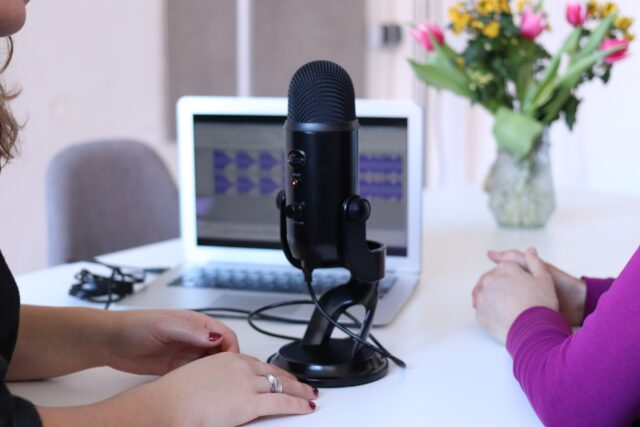July 04, 2025
Gen Z’s Love-Hate Relationship with Email, Explained

More than half of Gen Z workers (60%) are turning to email not just for convenience, but as a buffer from workplace stress and awkward interactions, according to a new survey by ZeroBounce. Interestingly, 65% of Gen Z women say they rely on email to manage anxiety and set boundaries, making them even more likely than their male counterparts to use email as a form of emotional protection on the job.
Rather than embracing real-time messaging platforms like Slack or WhatsApp, 42% of Gen Z respondents chose email as their preferred communication channel at work, more than double the number who opted for more casual, synchronous options. Surprisingly, they’re also more open to a phone call (7%) than a video call (just 2%), reinforcing the trend toward low-pressure, less intrusive forms of communication.
“Email gives Gen Z a sense of distance to ease anxiety, which could be a form of avoidance coping,” says Dr. Catherine Wikholm, a clinical psychologist. “But the more they avoid direct conversations, the harder those skills become to build. Simple techniques like grounding and controlled breathing can reduce anxiety and help them communicate more confidently.”
Email Overload Is Real and Stressful
Though email helps Gen Z maintain boundaries, it’s not without downsides. The emotional toll is significant: 53% of Gen Zers say email stresses them out. An overwhelming 92% report that email overload is hurting their productivity.
They’re not just overwhelmed, they’re confused. The top etiquette challenges for Gen Z include:
- 57% are unsure how formal their emails should be
- 51% don’t know when to follow up if no one replies
- 26% are unclear on when to CC vs. BCC someone
What Gen Z Wants from Work
ZeroBounce’s report also digs into Gen Z’s broader career motivations, revealing some key gender differences. Across the board, work-life balance remains the top priority, with 32% citing it as the most important career factor. But when it comes to salary, Gen Z men are more likely to list compensation as their primary motivator.
In contrast, Gen Z women are more driven by company culture and recognition. They want to feel seen, valued, and part of a supportive environment—a preference that aligns with their increased use of email as a means of setting boundaries.
For organisations looking to attract and retain young talent, these insights are a wake-up call. Supporting Gen Z isn’t just about offering flexible hours or digital tools—it’s also about creating a culture that reduces anxiety, encourages confident communication, and aligns with their values.



